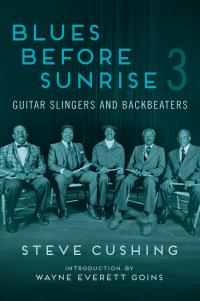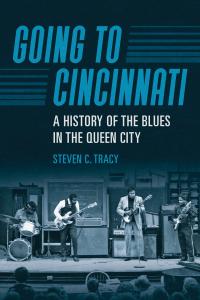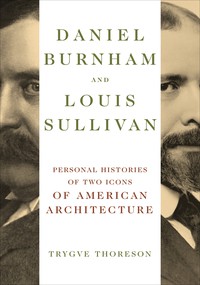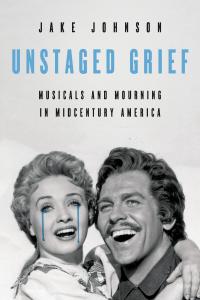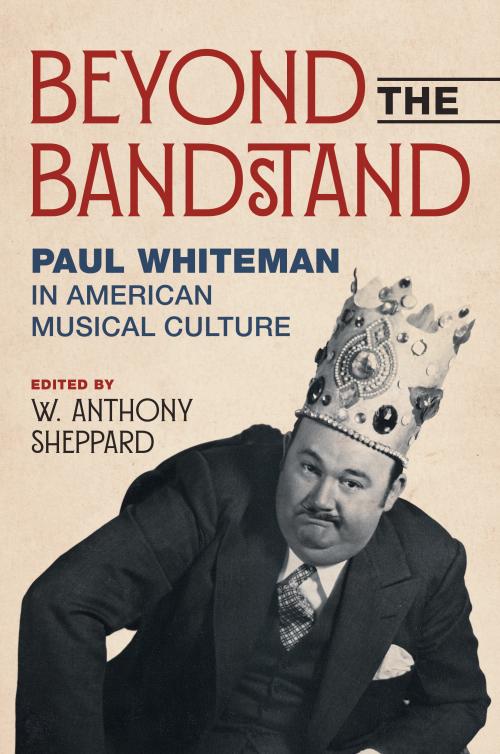
Beyond the Bandstand
Cloth: 11/19/2024
About the Book
The most successful bandleader of the 1920s, Paul Whiteman was an entertainment icon who played a major role in the mainstreaming of jazz. Whiteman and his band premiered Gershwin’s Rhapsody in Blue. Duke Ellington acknowledged his achievements. His astonishing ear for talent vaulted a who’s who of artists toward prominence. But Whiteman’s oversized presence eclipsed Black jazz musicians while his middlebrow music prompted later generations to jettison him from jazz history.W. Anthony Sheppard’s collection of essays confronts the racial implications of Whiteman’s career. The contributors explore Whiteman’s broad impact on popular culture, tracking his work and influence in American marketing, animated films, the Black press, Hollywood, and the music publication industry, and following him behind the scenes with arrangers, into grand concert halls, across the Atlantic, into the courtroom, and on television.
Multifaceted and cutting-edge, Beyond the Bandstand explores the racial politics and artistic questions surrounding a controversial figure in popular music.Contributors: Ryan Raul Bañagale, Stephanie Doktor, John Howland, Katherine M. Leo, Sarah Caissie Provost, W. Anthony Sheppard, Catherine Tackley, Elijah Wald, and Christi Jay Wells
* Publication of this book is supported by the General Fund of the American Musicological Society.
About the Author
W. Anthony Sheppard is the Marylin & Arthur Levitt Professor of Music at Williams College. He is the author of Extreme Exoticism: Japan in the American Musical Imagination.Reviews
Blurbs
“This book, transcending praise and blame but holding its subject accountable, offers a welcome variety of historical and critical perspectives on an indisputably major figure and goes a long way to restoring who Whiteman was and is, rather than rehashing what he was and is not.”--Jeffrey Magee, author of Irving Berlin’s American Musical Theater
